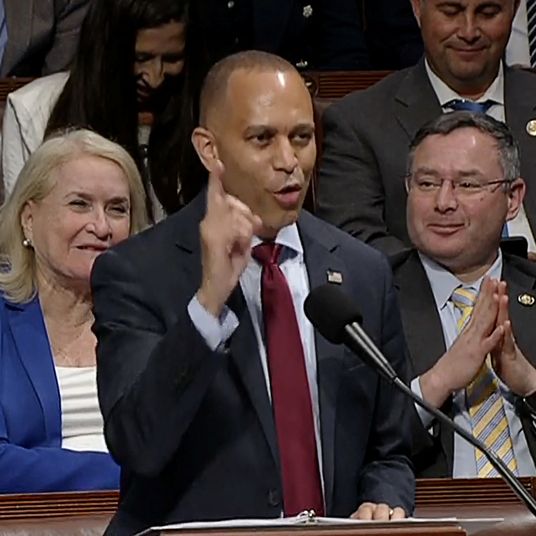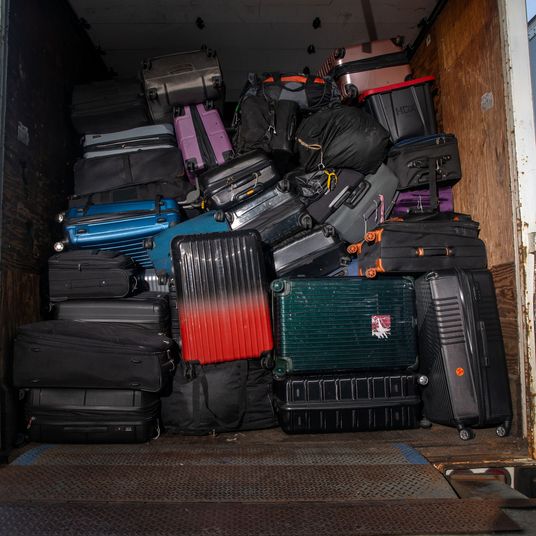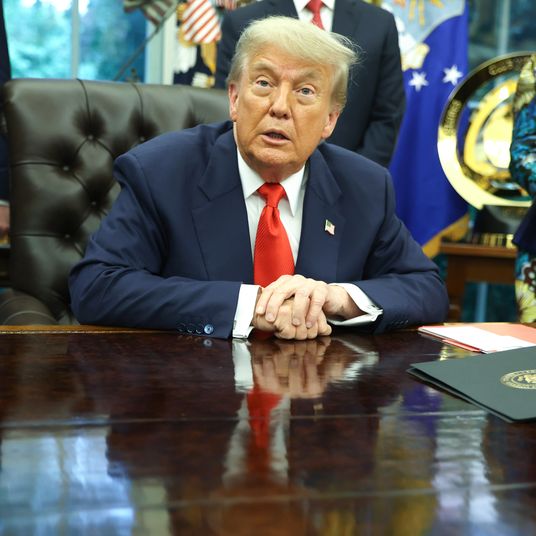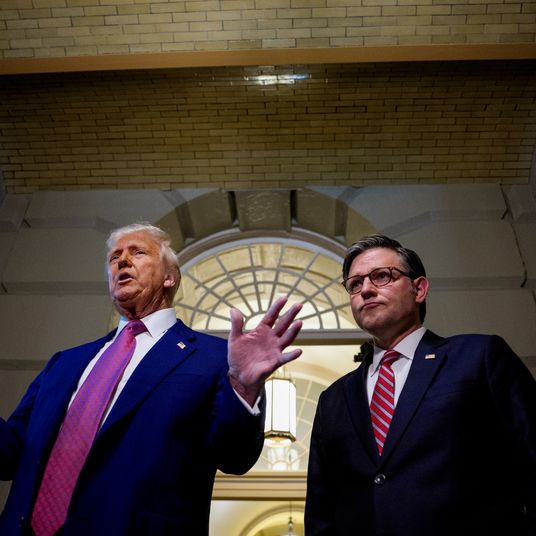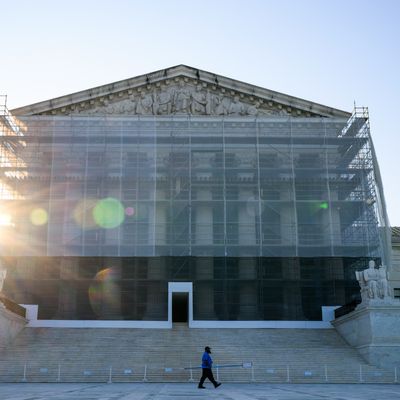
The monthslong saga of judicial challenges to the Trump administration’s mass-deportation procedures took a sickening turn on June 23, with a U.S. Supreme Court decision affecting deportees being sent to dangerous places other than their country of origin.
The case involved a group of migrants who had successfully objected to being shipped back to their home countries on grounds that they would be at risk of torture or other violence or abuse. The administration quickly pivoted to a plan to send them to third countries (in this particular case, South Sudan) without a further hearing on whether they might still be in danger. A lower-court judge objected to this procedure, which led to the deportees being held in unsafe limbo in a converted shipping container in Djibouti awaiting their fate.
In a decision that was shocking, in part because it came in the form of a “shadow docket” order (pushing aside the lower-court judge’s order stopping the deportations while litigation was underway) with no written majority opinion, the six conservative justices of the U.S. Supreme Court waved away hearing requirements for deportees being sent to “third countries” where they might be subject to inhumane conditions. So it affected the fate not only of the group of deportees headed to the perpetual civil-war zone of South Sudan but others destined for El Salvador, Libya, Rwanda, or whatever insanely dangerous place is next on the list of rent-a-prisons or dumping grounds the administration has identified.
While you have to guess about the reasoning of the majority since no explanation was provided, the three liberal dissenters had plenty to say, joining in a long opinion written by Justice Sonia Sotomayor. It began with a blunt assessment of the administration’s conduct and the Court’s enabling of it:
In matters of life and death, it is best to proceed with caution. In this case, the Government took the opposite approach. It wrongfully deported one plaintiff to Guatemala, even though an Immigration Judge found he was likely to face torture there. Then, in clear violation of a court order, it deported six more to South Sudan, a nation the State Department considers too unsafe for all but its most critical personnel. An attentive District Court’s timely intervention only narrowly prevented a third set of unlawful removals to Libya.
Rather than allowing our lower court colleagues to manage this high-stakes litigation with the care and attention it plainly requires, this Court now intervenes to grant the Government emergency relief from an order it has repeatedly defied. I cannot join so gross an abuse of the Court’s equitable discretion.
Part of the dissenters’ outrage over the order reflects the ancient doctrine that parties requesting the kind of instant relief the U.S. Supreme Court provided in this case need to come into court with “clean hands,” which means they cannot have caused or contributed to the problem at issue. This is a condition the Trump administration, with its serial defiance and evasions of lower-court orders in this and other deportation cases, abundantly does not meet. But more fundamentally (though again, without any explicit explanation), the Court’s majority is implicitly accepting the contention that speeding up deportations to warp speed is a public-policy must-have so compelling that it not only requires instant relief but outweighs compliance with international treaties and domestic laws (not to mention simple decency). Vox’s Ian Millhiser explains the lawlessness of the third-country deportation regime and the Supreme Court’s acceptance of it:
Federal law requires that the United States shall not “expel, extradite, or otherwise effect the involuntary return of any person to a country in which there are substantial grounds for believing the person would be in danger of being subjected to torture.” This statute implements a treaty, known as the Convention Against Torture, which the United States ratified over three decades ago.
All the administration had to do to comply with the treaty and law was to convene a brief hearing to give deportees an opportunity to make the same arguments against a third-country destination that they had made for deportation to their home countries. But apparently, the Court majority thought that was too much of a burden for Stephen Miller and company, and so the third-country deportations may proceed for the time being.
It’s no surprise that the Trump administration is once again loudly advertising its cruelty as a spur to self-deportation and as porn for MAGA nativists. It’s more alarming that the highest court in the land is racing to give them a hand. The conclusion of Justice Sotomayor’s dissent sounds a clear alarm:
The Due Process Clause represents “the principle that ours is a government of laws, not of men, and that we submit ourselves to rulers only if under rules….” By rewarding lawlessness, the Court once again undermines that foundational principle. Apparently, the Court finds the idea that thousands will suffer violence in farflung locales more palatable than the remote possibility that a District Court exceeded its remedial powers when it ordered the Government to provide notice and process to which the plaintiffs are constitutionally and statutorily entitled. That use of discretion is as incomprehensible as it is inexcusable.
That’s particularly true when those so ruling don’t bother to explain themselves.
More on Politics
- Poll Shows Public Knows Little About Trump’s Ugly Megabill
- Trump Betrayed His Base With the Big Beautiful Bill, and the GOP Will Regret It
- No President Has Ever Had Something Like Trump’s Megabill

